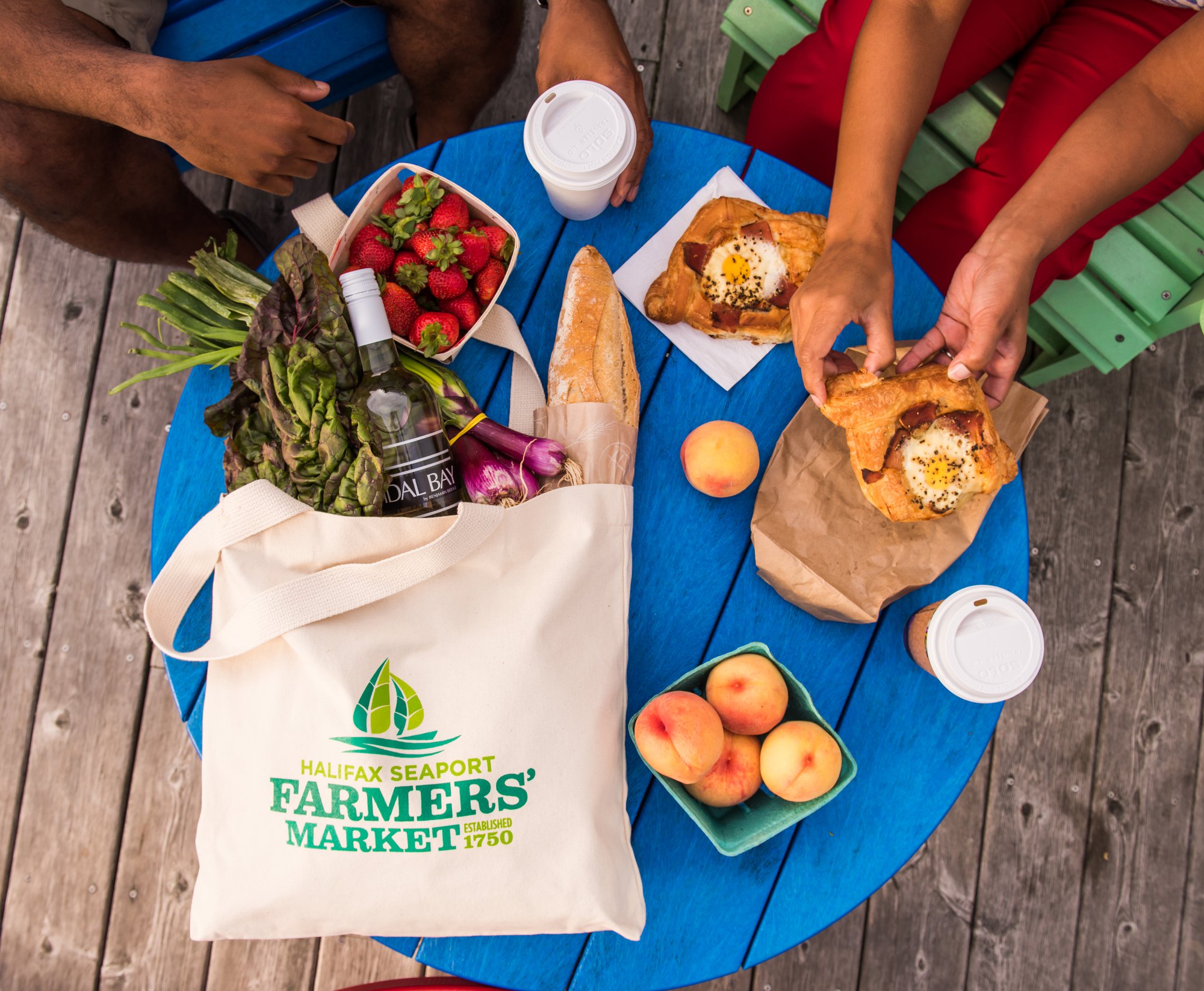6 Ways To Support Local Food Systems When Travelling in Canada
One of the most rewarding ways to connect with a place is through its food and every province and territory in Canada offers a unique taste of its landscape. From prairie-grown grains and wild-foraged berries to coastal seafood and Indigenous-led culinary experiences that share deep cultural roots, Canada offers so much to the culinary traveller.
When we travel, choosing to eat and shop locally can do more than satisfy our appetites: it can help sustain communities, preserve traditions, and support regenerative tourism across the country.
Here are a few ways you can support local when travelling in Canada:
1. Choose Restaurants That Source Locally
The simplest way to support local food systems is to look for eateries that highlight local ingredients on their menus. Many Canadian chefs build their menus around what’s in season, sourcing from nearby farms, fisheries, and foragers. Look at the restaurant’s website before booking a reservation or call and ask where they source their food. Those that source local are proud to say so and will often highlight the local producers.
Each meal then becomes an opportunity to learn about the surrounding landscape and the people who cultivate it.
2. Visit Farmers’ Markets and Food Hubs
Farmers’ markets are the heartbeat of local food culture, so if you’re visiting in the warmer months, be sure to check out the region’s markets. Major cities will have year round indoor markets, such as Toronto’s St. Lawrence Market or the Jean Talon Market in Montreal, that you can visit in the winter as well.
Whether you’re in a major city like Vancouver or a small town in Ontario, local markets offer direct access to growers, bakers, and artisans. Beyond produce, many markets feature prepared foods, cooking demos, and community events, making it an easy way to immerse yourself in regional flavours.
3. Take a Culinary Tour or Workshop
Culinary tours and workshops are an excellent way to experience the local food scene while supporting the people behind it. Joining a guided food tour allows you to sample a variety of dishes and flavours without having to commit to a full meal at each stop — an ideal way to taste widely and learn deeply. Cooking classes, market walks, and food-focused workshops also offer insight into how ingredients are grown, harvested, and prepared, connecting travellers to the rhythms and stories of local life.
These experiences invite meaningful exchange between visitors and hosts, and those are the best kind of travel experiences.
4. Follow Culinary Trails and Food Routes
Many regions across Canada have developed self-guided culinary routes that connect travellers with clusters of local businesses, from farm-to-table restaurants to craft producers and food festivals.
Exploring these trails is a simple, delicious way to experience a place through its flavours while supporting multiple small enterprises along the way. They also make it easy to travel at your own pace — stopping, tasting, and learning as you go.
We highlighted several of Canada’s culinary trails in our fall issue of Northern Soul Magazine.
5. Buy From Local Producers and Makers
Bring a taste of your travels home by purchasing locally made products. Buying directly from small producers — whether at a farm shop, market stall, or local co-operative — helps keep money in the community and supports those who grow, harvest, and create with care.
Look for items that are unique to the region, especially those made with seasonal or locally sourced ingredients.
6. Stay Where Food Matters
Consider accommodations that integrate food into their ethos. Farm stays, lodges with on-site gardens, and inns that work closely with nearby producers often invite guests to see the full journey of food, from soil to plate. Some offer opportunities to tour the gardens, join in seasonal harvests, or enjoy meals prepared with ingredients picked that same day.
These types of stays tend to prioritize sustainability and minimize waste, supporting local supply chains while reducing environmental impact. They also foster a sense of connection — between the land that sustains, the people who tend it, and the travellers who come to learn and enjoy. Choosing such a place can transform a night’s stay into a richer, more meaningful part of the travel experience.
Every time you choose a local food experience, you’re helping to strengthen the very communities that make travel meaningful. It is travel that tastes good, and does good.











